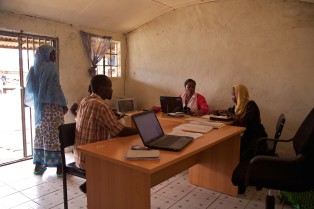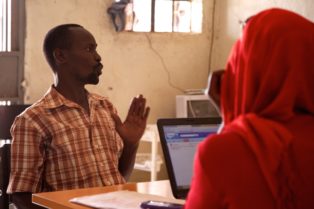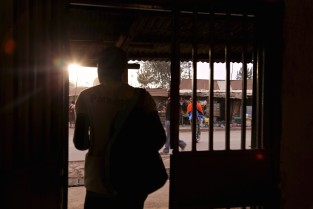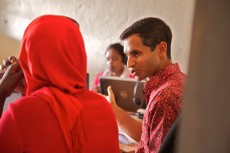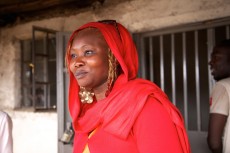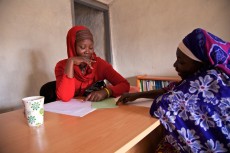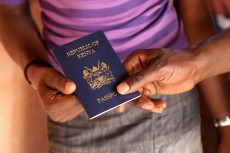The Nubian People of Kenya
Nubian people have lived in Kenya for several generations, brought to their current location from Sudan under the British Empire. However, even after Kenya became independent in 1964, Nubian communities continued to struggle for legal recognition and citizenship rights – despite the fact that Kenyan citizenship law is based primarily on birthplace and descent. Today in Kenya, there are an estimated 100,000 Nubians, many of whom lack identity documents.
In 2011, the African Committee of Experts of the Rights and Welfare of the Child, which oversees the implementation of the Children’s Charter, found Kenya in violation of the rights of Nubian children to non-discrimination, nationality, and protection against statelessness. Implementation of this decision will require both domestic law reform and changes in practice; a strong base of evidence on the current situation may push these processes forward.
One person’s documentation often supports another’s application, so discrimination against one harms many.
Although some Nubian adults have a Kenyan national ID card, having successfully completed a multi-year government “vetting” process or otherwise paid bribes, this document is not secure. Should the card be lost, a replacement may be as difficult to obtain as the original. Possession of a national ID card is needed to enroll in school, get a job in the formal economy, and avoid detention when asked for identification by the police. However, even holding an ID card does not automatically mean a person can get a passport. Only eight per cent of Nubians have a Kenyan passport.
To obtain the documents that will allow them to access jobs, education and basic services, Nubian people often face Kafkaesque demands for documents stretching back through the generations of their families. One person’s documentation often supports another’s application, so discrimination against one harms many. Yet that also means if one person succeeds in getting an ID card that helps them pass on citizenship rights to their children. In motivating people to apply for identity documents, enhancing their knowledge about the law and process, and walking hand-in-hand with them through each step, the community-based paralegals supported by Namati, the Open Society Justice Initiative, and Nubian Rights Forum are chipping away at discrimination and empowering the Nubian community.



